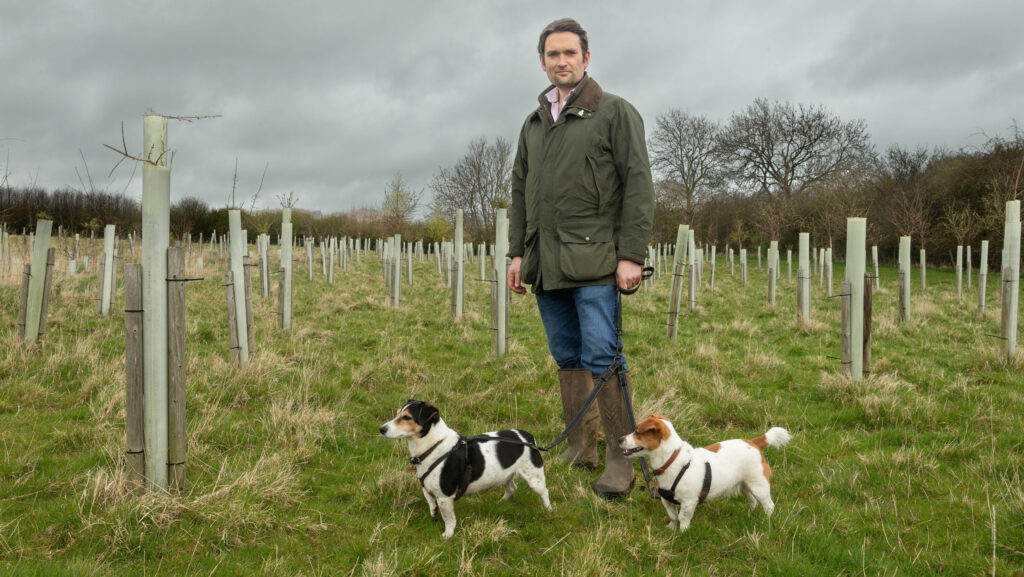Opinion: ‘Farmer exceptionalism’ is a dangerous belief
 Joe Stanley © Tim Scrivener
Joe Stanley © Tim Scrivener Occasionally you read something which stops you in your tracks, and the recent piece in Farmers Weekly by Abi Kay (“Is there a problem with the culture of young farmers?”) was one such.
Along, I’m sure, with the vast majority, I was deeply concerned by experiences it reported of a culture of casual sexual harassment and assault toward women across the young farmer community.
With many more accounts subsequently emerging, we can only hope this article is the catalyst for a reappraisal of what is acceptable male behaviour in our industry.
See also: Opinion – Farmers can’t pay for society’s ecological conscience
Also striking were many of the comments subsequently posted on social media in reaction to it.
A troubling number (primarily men) expressed outrage that the issue had even been reported and were keen to dismiss it.
I won’t detail the litany of retrograde comments that were made not only justifying sexual harassment and assault – but even promoting it.
Yet one frequently repeated excuse struck me as particularly apposite to a wider malady which seems to afflict many in our industry.
To paraphrase: young farmers work harder than anyone else so they deserve to play harder.
For years I’ve been bothered by the development of an undercurrent of “farmer exceptionalism”, the seeming belief that, as farmers, the rules and norms the rest of society must follow simply don’t apply, largely because “we work bloody hard and produce food”.
It’s one of the reasons some don’t strap down loads or bother with working trailer lights on the road, driving with mobile phone in hand, or think farm health and safety is a joke.
It’s why some think we shouldn’t have to spend a single day justifying our receipt of public money or filling out a basic cashflow forecast for the bank.
These things are for others with less important jobs.
Farmer exceptionalism also partly explains the most common headline in the farming press: “Farmers hit back at…” Many of us simply can’t take the slightest hint of criticism, regardless of how justified it may sometimes be.
Such people seem to have the thinnest of skins and frequently fall back on playing the victim when confronted with uncomfortable truths (perhaps the very definition of the “woke snowflakes” they often deride).
It’s why some think we don’t need to bother improving our environmental credentials or levels of inclusivity.
It’s why some farmers have even started to demand regular ‘thank a farmer’ validation for doing the job they love from a public turned cold at their own implied inferiority.
And it’s why some have castigated FW for daring to report on widespread sexual assault.
An air of false entitlement and victimhood is hardly an inspiring narrative for the next generation who we need to help build a modern and forward-looking industry – any more than is a toxic culture of misogyny within the groups entrusted with recruiting them – but it explains many of the internal problems we face.
If we’re willing to embrace the challenge, farmers can provide many of the solutions to the problems society faces in the coming decades and provide a peerless working environment.
Yet if we can’t even agree that human dignity is universal and sexual assault abhorrent, I really wouldn’t blame those young people – or the British public – for giving agriculture a hard pass.

